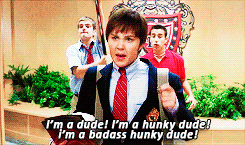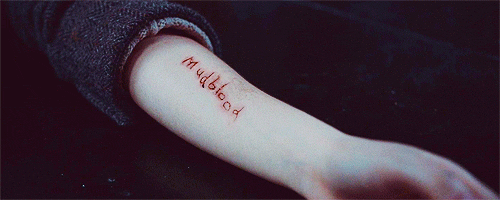Both stories, as we know, work out in the end. Really though: why do these stories make such good ones? What is it that people really go for in these stories?
As we talked about in Mulan, the manly man (Tatum) stays the manly man through the whole script. There's no cross-dressing there. (Although we do get a comical scene where he sticks a tampon up his nose to stop a nose bleed because of Bynes' character's advice.)
Maybe we enjoy texts like this because of that line between sexes and the secrets that each group has. Crossing over that line answers the questions that we wonder about--what is the opposite sex actually doing/thinking?
One of the themes in the story is also woman-power. Amanda Bynes' character gets to play soccer on a men's team, proving that she's capable of doing so. We could like these texts because of these reasons as well: looking at the issues of equality and inequality between men and women.






